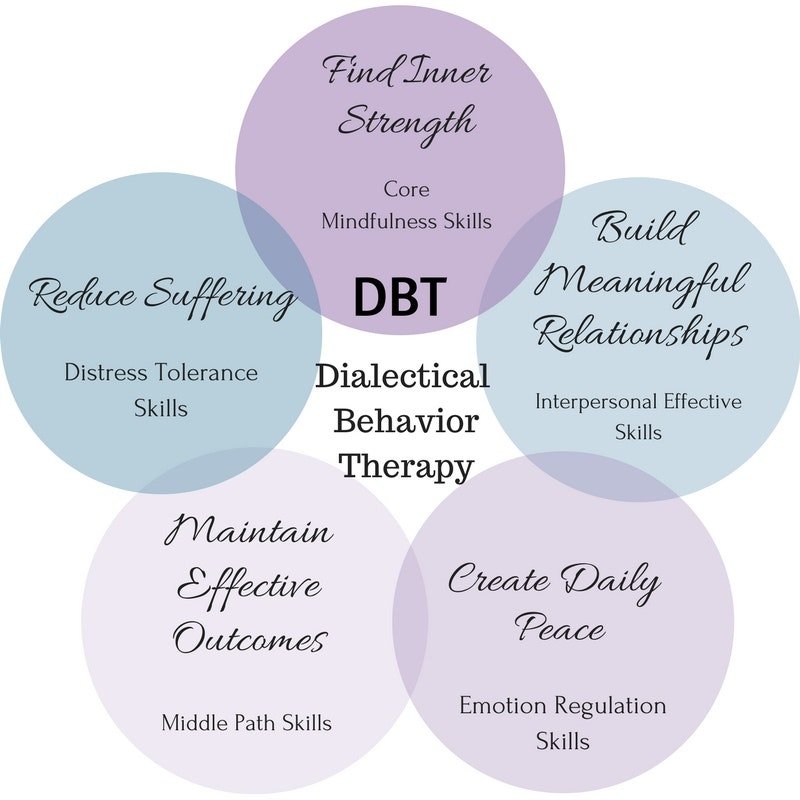
The simple steps to beginning putting your needs first.
Connecting you with us
1
What are you looking for?
You’ll be asked a few questions to help us tailor our suggestions.
2
Personalized suggestions.
We’ll share what approach might be the best fit for your needs and preferences.
3
Pick the right time that works for you.
Schedule a free consultation to see what approach and goals are the right fit for YOU.

“Meanings are not determined by situations, but we determine ourselves by the meanings we give to situations.”
-Alfred Adler
Adlerian
With the Adlerian approach, I will emphasize how each individual can strive for personal success, deepened self-awareness, a connection with others and a sense of contribution to community. I have seen much success helping people find their strength and purpose in life with sustainable progress by helping them find clarity in the root causes of their struggles, while supporting intentional, actionable and functional efforts to work through them in order to move forward with identified individual goals. This help empowers clients to achieve a central purpose while developing skills that will aid in changing their behavior to be more productive.
Cognitive Behavioral Therapy (CBT)
Cognitive behavioral therapy (CBT) has demonstrated to be effective for a range of mental health problems including depression, anxiety disorders, alcohol/drug use struggles, relationship issues, eating disorders and other severe mental illness. I have found this to work well in conjunction to the Adlerian approach to help people focus on the intentional efforts that will aid them as they move through their struggles - while also working to understand the deeper rooted cause with self-awareness. Using the CBT approach, I have helped clients develop the tools they need to replace dysfunctional and toxic thoughts and behaviors with more flexible and adaptive cognitions- leading to success in achieving unique and personal goals.
Dialectical Behavioral Therapy (DBT)
DBT is an evidence-based approach to therapy. It goes beyond simply understanding mental health struggles or teaching skills to help intrusive thoughts or destructive behaviors to improve individuals' quality of life. Using DBT techniques have shown to reduce anxiety, depression, trauma and stress symptoms in my clients, while decreasing suicidal and self-harming thoughts and behaviors when present. Using DBT has also shown to increase clients' self-worth and self-respect.


